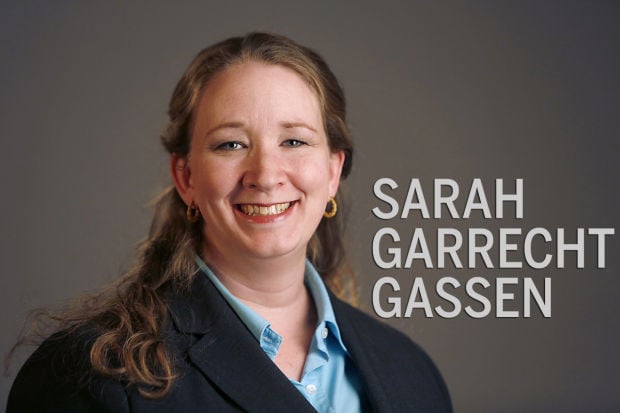The University of Arizona opens its fall semester Monday. Thousands of students will sit in classrooms, work in labs, listen to instructors and, as they say, get an education.
Education isn’t something one “gets,” of course. For it to be effective, it must be an active-participation endeavor. Learning is a verb.
I’ll be in one of those classrooms, teaching at the UA School of Journalism, as will several Arizona Daily Star colleagues. Each semester is a new adventure with 20 or so people who have decided, for any number of reasons, to study journalism.
Some are there because they like to write, or they want to be on television. Some aren’t sure what journalism really is, but they think it would be fun. Others are there because they want to hold the powerful accountable and want to tell people’s stories and fight injustice.
Over the coming months some will decide that talking to strangers and asking questions aren’t for them, that they’d be happier, and better, in a different career path. And that’s fine — it’s part of what college is all about. Figuring these things out, you set a trajectory into the world.
Some students will continue in journalism and do the hard work that truly covering a community entails. Long hours, nights, weekends, low pay and derision — but also, when journalism is done well, the satisfaction of knowing you help your community by exposing wrongdoing and highlighting what’s good.
Done right, journalism is community service.
Over the semester we will talk about how simply reporting what a person says isn’t news — and that it’s not responsible journalism to repeat incorrect information just because a prominent person said it — you must provide the facts, and the context.
We will talk about how every story has more than “both sides.”
The flip side is that in the so-called “real world,” factual information is often devalued and ridiculed. We’re teaching students to be fact-finders in a popular culture that repeats lies simply because someone famous said them, and treats that as news. We’re working in an atmosphere where questioning a candidate’s demonstrably false and bizarre statements (I’m looking at you, Donald Trump) is considered hostile and “spin.”
How do we imbue students at all levels of education with a sense that facts matter when they see too many adults dismiss knowledge as “bias” and treat any question as an attack?
Over the years I’ve had students who are ready to fly — smart, curious, innovative. And I’ve had some who aren’t interested in anything they don’t already know about.
But many of them are in between — young adults who are interested but who need to learn how to have questions, how to ask those questions and then how to evaluate information and what people tell them. They must be challenged to come out of the comforting fallacy that there is always one right answer, that learning is a multiple choice test and that life is about getting an A.
A few over the years have blamed a K-12 system driven by standardized testing. Everything is so geared toward getting the correct answer, they say, that it’s hard to break out of that mold. Not knowing the answer feels like kryptonite.
But students do it and, in the end, are proud that they’ve pushed past their comfort zones. They start to look at the world in a different way. They ask questions.
And in those acts of absorbing new information and trying new things as they go through school, these young adults are taking in a most important lesson — that what they know matters and that they can learn.





